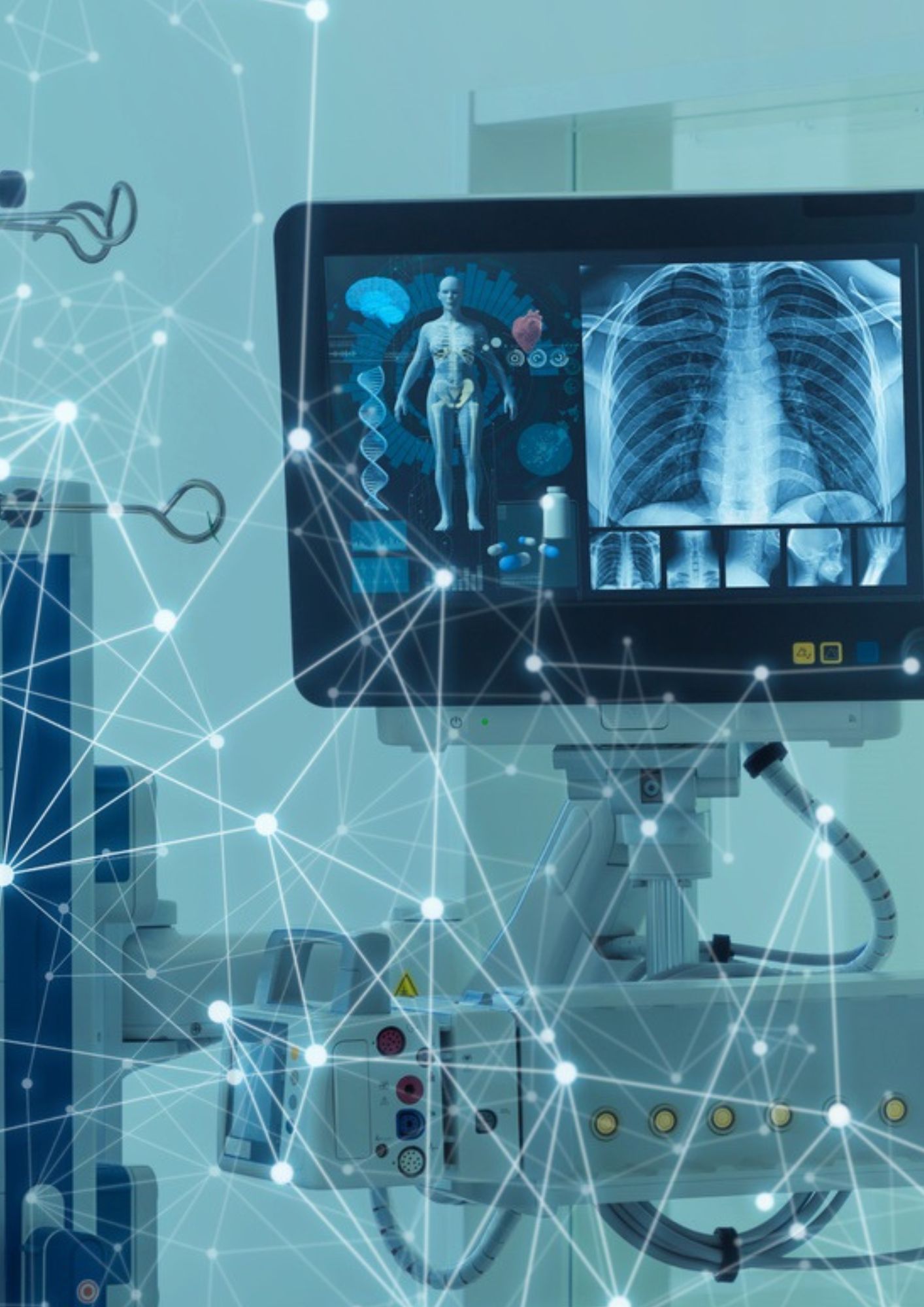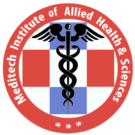Certificate
Certificate in Radiology & Imaging Technology (CRIT)

ABOUT THE PROGRAMME
A Bachelor of Radiology & Imaging Technology (BRIT) is a specialized undergraduate program focusing on the principles and practices of medical imaging. This comprehensive course typically spans three to four years, combining theoretical knowledge with practical skills essential for a career in diagnostic radiography. BRIT curriculum covers subjects such as radiographic anatomy, radiographic physics, medical imaging techniques, and radiation safety.
Students undergo hands-on training in operating imaging equipment, including X-ray machines, CT scanners, and MRI machines. Clinical internships are integral, providing real-world experience in capturing and interpreting medical images. The program aims to equip graduates with the expertise needed to produce high-quality diagnostic images crucial for medical diagnosis and treatment planning. BRIT graduates often find opportunities in hospitals, clinics, imaging centers, and research institutions, contributing to healthcare through proficient medical imaging and patient care.
Eligibility Criteria
What Will You Learn?
- Radiographic Anatomy
- Radiographic Physics
- Medical Imaging Techniques
- Radiation Safety
- Equipment Operation
- Patient Care
- Clinical Internships
curriculum
- Introduction to Radiology: Overview of the history, principles, and importance of radiology in healthcare.
- Basic Anatomy and Physiology: Understanding the structure and function of the human body as it relates to medical imaging.
- Radiographic Techniques: Introduction to basic radiographic procedures and positioning for capturing diagnostic images.
- Medical Imaging Equipment: Familiarization with common imaging equipment, including X-ray machines, and understanding their functions.
- Advanced Radiographic Procedures: Building on basic skills, delve into more advanced imaging techniques for different anatomical areas.
- Clinical Internship: Hands-on experience in a clinical setting, working under supervision to apply theoretical knowledge in real-world scenarios.
- Radiation Safety: In-depth understanding of radiation safety protocols and protection measures in medical imaging.
- Professionalism and Ethics: Focus on the professional responsibilities, ethical considerations, and patient care aspects of a career in radiology.
Career path
- Diagnostic Radiographer
- CT Technologist
- MRI Technologist
- Radiation Therapist
- Radiology Manager/Administrator
Begin Your Journey in Radiology & Imaging Technology
Take the first step towards a fulfilling career in healthcare!
